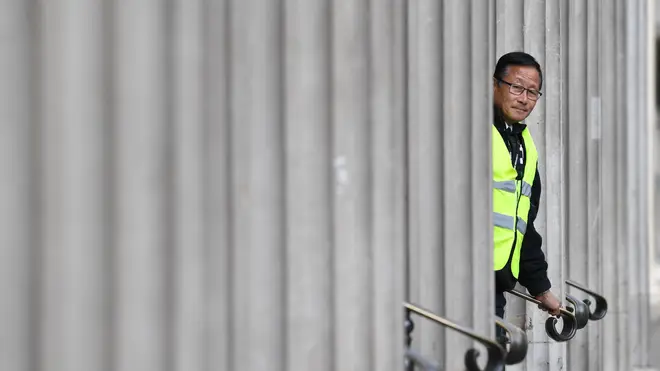
Matthew Wright 7am - 10am
3 September 2020, 14:04

The housing market has rebounded quicker than other sectors, such as restaurants, Andrew Bailey said.
The governor of the Bank of England has restated that the Bank expects the Covid-19 pandemic to permanently scar the economy by reducing gross domestic product (GDP) by 1.5%.
Andrew Bailey said the Bank still believes so-called “scarring”, the permanent long-term impact, will be about the same level as it predicted a month ago.
But it could go further, warned Sir David Ramsden, the Bank’s deputy governor for markets and banking, who called the prediction a “good starting point”.
“Unless the adjustment is very quick and happens quite easily the changes are that the scarring effects over time may be larger than that,” he told MPs on the Treasury Select Committee.
“We’ve highlighted that the risks are that the scarring impact could be greater than a shortfall of GDP of 1.5%.”
Mr Bailey said that while some areas, including the housing market, have been rebounding quickly, others, such as “social spending” including restaurants and theatres, could take longer to recover.
He added that the bounceback in retail has in part been driven by online sales, as the proportion of items sold over the internet increased from 20% to 30% of the total in about a year.
“This underlines the point on how much we are going to see structural changes,” he said.
Some workers are likely to have to retrain to work in new sectors.
Mr Ramsden said: “One of the sectors where we’ve seen a lot of growth in employment in recent years is in retailing.
“Potentially, as more retailing moves online, it may be that more investment could take place in capital stock than in labour. That would have an impact on the labour market… but it also could lead to greater productivity over time.”
He added that the Bank is only starting to scratch the surface on this “really complex set of factors”.